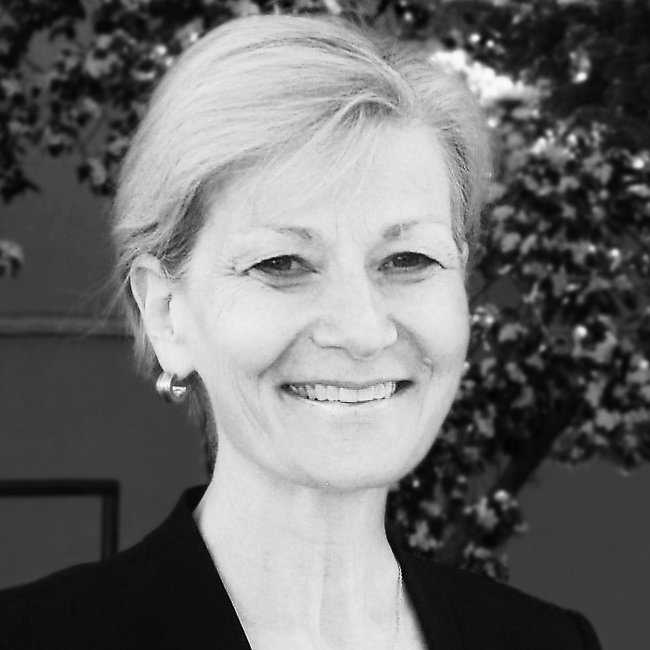
by Morgan Christen
n the past year, I prepared and delivered remarks for the memorial services of two very dear friends. Not just dinner companions, traveling buddies or co-workers—though they were all of those things. These were truly dear friends, people who formed part of my foundation and whom I knew I could call anytime for perspective and encouragement. I never doubted that they were in my corner.
Both of these friends were very accomplished people, and I admired the traits they had in common. I marveled at their stamina, their curiosity, and their perseverance. One rode out the Great Alaska Earthquake and was a trailblazer in the legislature, even though she served at a time when women were rarely welcomed. Her courage inspired others. My other friend overcame extreme childhood poverty and, for a time, homelessness. He went on to summit Denali, earn a law degree, and eventually become a judge. I admired my friends’ strength because both of them found their own way. Neither of their families had been able to help them with their education or during the early years of their careers, but they pushed forward, inch by inch, and distinguished themselves in their respective fields. They were optimistic, hardworking, and persistent.
Despite their many achievements, I did not talk about my friends’ degrees or awards at their memorial services because I realized that my most cherished memories of them have little to do with their accomplishments. Stitched together, the common theme of my treasured memories of these friends is the intentional way they connected with me.
My former clerks have been great about staying in touch with me, but it was a gift to watch nearly 50 of them gather in our backyard and reconnect with each other. Some had not seen their co-clerks in 10 or 15 years, yet they picked up right where they left off.
The Things That Bind
One of these friends started out as my co-worker, but we soon learned that we shared a love of the outdoors, books, and words. At some point, we also discovered that we both found it painful to run across incorrectly punctuated sentences. We agreed that a perfectly good sentence can have its meaning obscured or even obliterated if its author misuses a comma or question mark. Whenever I stumbled across such a sentence, I showed it to my friend, and we shared a laugh—or a groan. One day he found a way to work one of the offending sentences into a question he posed in a public setting. Hearing it, my ears perked up and I shot him a glance. I can still see him grinning and winking back at me, eyes twinkling. I had countless conversations with this friend during the years we worked together. We talked about our hopes, dreams, lives, and families, but the brief moment when I saw him winking back at me—and the care he took to set up that spark of a connection—is what I shared at his memorial. The image still makes me smile, and it is how I remember him now.
The second friend I lost this year was also someone with whom I had lots of long conversations. Our friendship lasted more than 30 years, and in that time my husband and I traveled thousands of miles with her in Alaska. On long drives and walks, we watched for wildlife and chatted about world news, local news, and what was happening with the friends we had in common. She and I both loved swans, so after she was no longer able to hike, we staked out places where we could watch swans passing through the Anchorage bowl, spring and fall, without leaving the car. And we kept on talking. This friend was a master at making small connections in ways that stuck with me. She wove in analogies, comparing whatever we were talking about to observations or comments I had made in earlier conversations. By doing so, she let me know that she had been listening, and that my thoughts and impressions mattered to her.
At this friend’s memorial, I recounted two memories that are dear to me. One was the time she came to our home just after our family suffered a tragedy. She was recovering from a stroke and it was difficult for her to walk, but she decided that a telephone call would not do, and somehow she made it to our house. I will forever remember looking up and seeing her standing in our doorway. She looked straight at us with an expression that conveyed love and concern, then she began making her way across the room to the place where my husband and I were sitting. I do not recall anything she said that day, but I remember the small steps she took as she crossed the room. The effort she made to be with us spoke volumes.
Making Lasting Connections
Several months after these two friends died, my husband and I hosted a reunion of my former law clerks. Together with the experience of losing my two friends, the reunion left me ruminating about the power of letting others know they have been seen and heard.
Working with law clerks has been one of the most rewarding parts of my job for more than 29 years. Clerkships typically last one year, but I find law clerks’ commitment to the court to be inspiring and infectious. Clerks read briefs, draft bench memos, and analyze legal issues to help judges prepare for oral arguments. Some of the briefs present fascinating issues, but clerks work long hours and if one clerk gets bogged down trying to unravel conflicting legal authorities, their co-clerks are expected to dive in and help. Somewhere in the process of debating the merits of the law and proofreading each other’s draft memos, law clerks form lasting friendships.

My experiences this year have persuaded me that connections that may seem small—like the ones my clerks and I described—can make a profound difference, because being seen and heard by others is powerful.
The Power of Being Present
